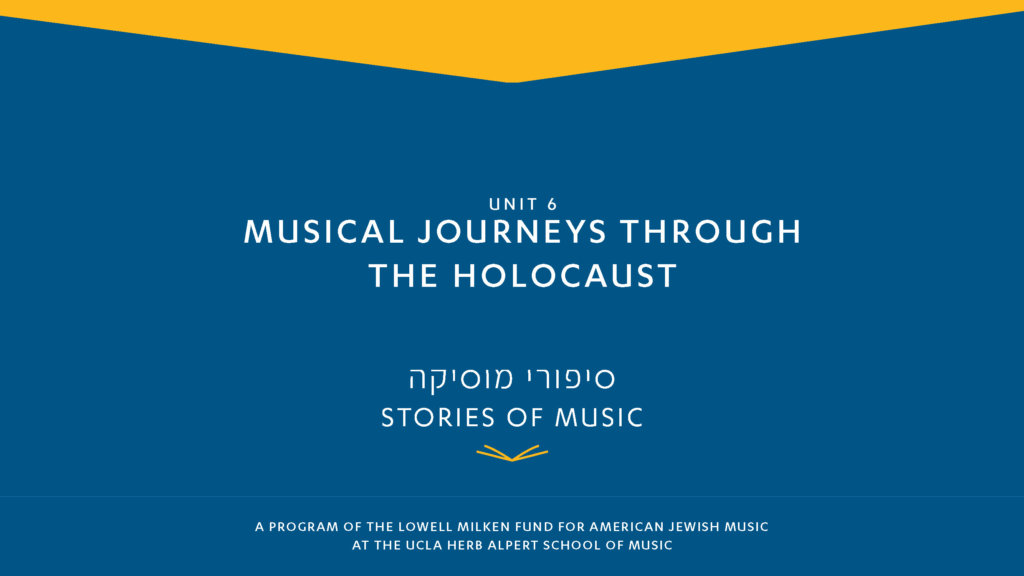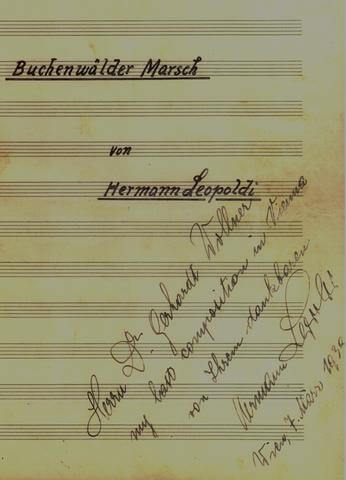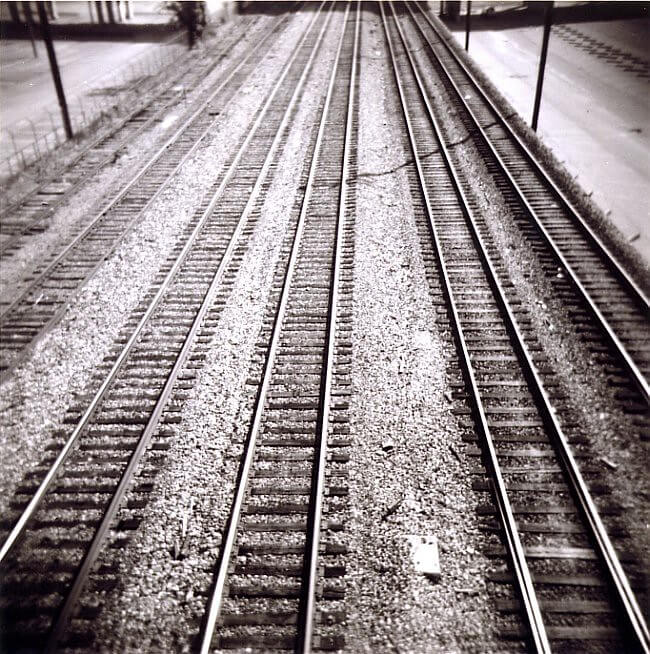Under even the most difficult of circumstances music continued to be composed. Music provided inspiration, comfort and was an outlet for self-expression and resistance. In the post-Holocaust world, music has played a vital role in creating and maintaining collective memory. This lesson will explore some of the musical activities that took place during the Holocaust, and the ways that Jews have collectively remembered the Holocaust through music.
Through this class the learner will understand that:
- Artistic creation did not stop during the Holocaust
- Music played several roles during the Holocaust, including serving as a form of/in support of the resistance; as forced labor; and, simply for the sake of making music
- Music created during the Holocaust continues to play a significant role in the ongoing memorialization/remembrance of the Holocaust.
- Music created during the Holocaust and music influenced by the Holocaust serve to create and maintain “collective memory.”
- Music created during the Holocaust has expanded beyond the Holocaust itself, to be incorporated more generally in moments of memorial and remembrance. (ie. poems of Hannah Senesh put to music used regularly in funerals.)
- The Holocaust has influenced the development of liturgical and art music in the post-Holocaust era as a form of ongoing remembrance and memorial.





